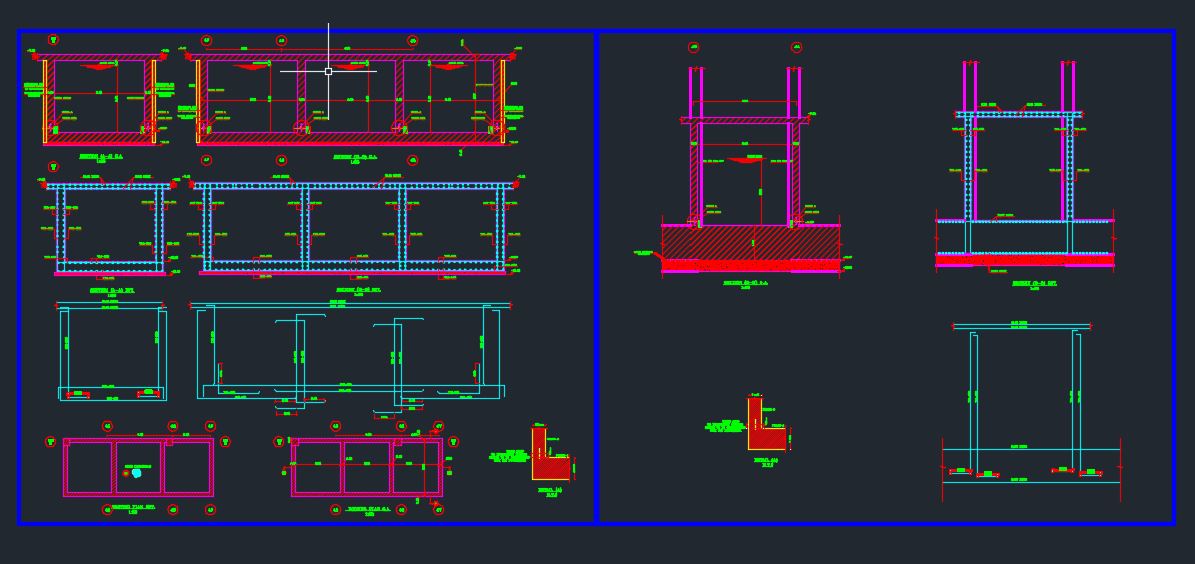

ESRI is a registered trademark of Environmental Systems Research Institute, Inc. AutoCAD is a registered trademark of Autodesk, Inc. Haestad Methods is a registered tradename of Haestad Methods, Inc. The following are trademarks of Haestad Methods, Inc.: HEC-Pack, HAMMER, PumpMaster, and GISConnect. Trademarks The following are registered trademarks of Haestad Methods, Inc.: CulvertMaster, Cybernet, Darwin, FlowMaster, Graphical HEC-1, PondPack, SewerCAD, StormCAD, WaterCAD, and WaterGEMS.

No one may translate, alter, sell, or make available the electronic documentation on the Internet, transfer the documentation by FTP, or display any of the documentation on any web site without the prior written approval of Haestad. Licensee may print the electronic documentation, in part or in whole, for personal use. Licensee may download the electronic documentation from Haestad’s web site and make that documentation available solely on licensee’s intranet.

No one may copy, photocopy, reproduce, translate, or convert to any electronic or machine-readable form, in whole or in part, the printed documentation without the prior written approval of Haestad. This documentation is available to all current Licensees in print and electronic format. (“Haestad”), and is intended solely for use in conjunction with Haestad’s software. This documentation is published by Haestad Methods, Inc. This means that DXF is typically much larger in size than DWG.Copyright © 1986-2003 Haestad Methods, Inc.

There are now several free programs that can open DWG files. DXF (meaning drawing exchange/interchange format) was developed to allow other CAD programs to open and use information from the drawing file. The principal difference is that DWG (which stands for DraWinG) files previously only worked with Autodesk’s AutoCAD, while. DXF file format are used in CAD design, but there are differences between the two vector image file types.


 0 kommentar(er)
0 kommentar(er)
